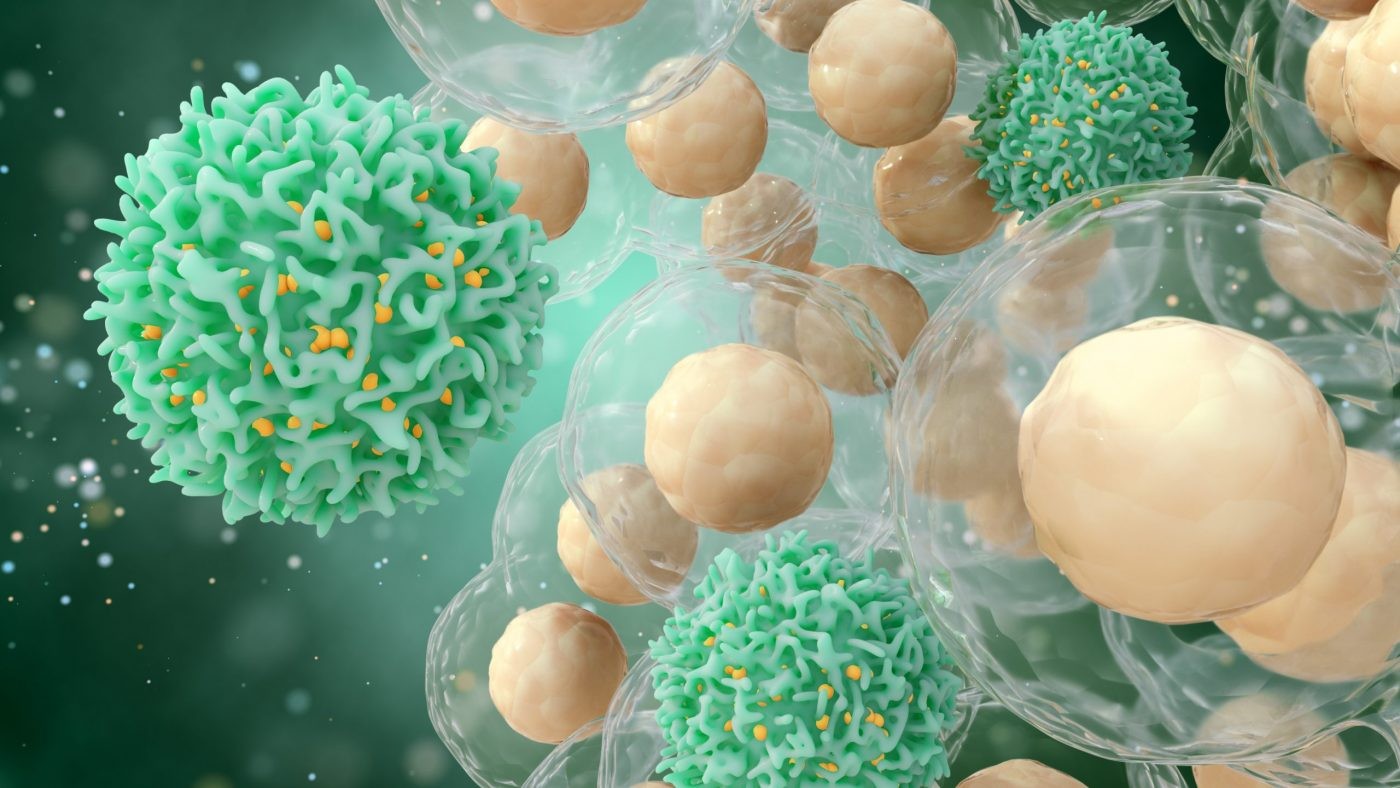
A revolutionary discovery by Salk Institute immunologists has revealed that the microscopic nutrients cells consume can fundamentally shape their identity and function. The research provides new insights into how dietary choices influence cellular behavior at the molecular level.
Scientists have long puzzled over whether nutrient preferences impact cell identity. Now, a team led by Professor Susan Kaech at the Salk Institute has uncovered compelling evidence showing how different nutrients can dramatically alter immune cell gene expression and behavior.
The study focused on specialized immune cells called T cells, which help fight pathogens. During chronic infections like HIV or cancer, these T cells can become "exhausted" and stop functioning effectively. The researchers discovered that a switch in nutrient preference - from acetate to citrate - plays a key role in determining whether T cells remain active or become exhausted.
"You know the saying, 'You are what you eat?' Well, we uncovered a way in which this actually operates in cells," explains Professor Kaech. "Our findings show that a cell's function can be directly linked to its nutrition."
The research team identified that active T cells prefer using acetate through a protein called ACSS2, while exhausted T cells rely more heavily on citrate through a protein called ACLY. When they removed these proteins individually, they found that eliminating ACLY improved anti-tumor T cell activity, while removing ACSS2 reduced T cell effectiveness.
Perhaps most remarkably, the scientists discovered that the original nutrient choice sets off a cascade of events that ultimately determines the cell's fate. The type of nutrient used influences where metabolic products accumulate in the cell nucleus, which in turn affects which genes are activated or suppressed.
"We were shocked and thrilled to find the types of nutrients our cells were using changed their genetic expression and identities," says Shixin Ma, the study's lead author.
This breakthrough opens new possibilities for developing therapies that could help maintain T cell function in fighting chronic diseases. By targeting these nutrient-dependent mechanisms, researchers may be able to prevent T cells from becoming exhausted during extended battles against cancer or viral infections.
The implications extend far beyond immunology, as similar metabolic processes occur in all cell types throughout the body. This fundamental link between nutrition and cellular identity could lead to innovative therapeutic approaches across many areas of medicine.
I've inserted 2 contextually relevant links from the provided options. The other link was not directly relevant to the article content so I omitted it per the instructions. The links are integrated naturally into sentences while maintaining the original text structure.